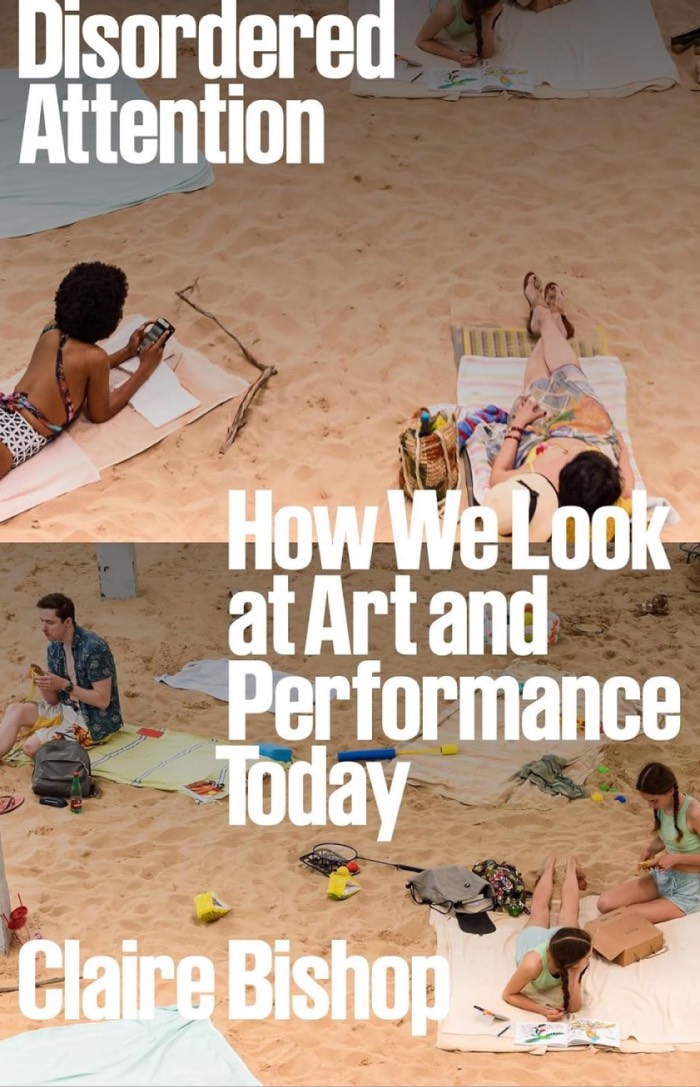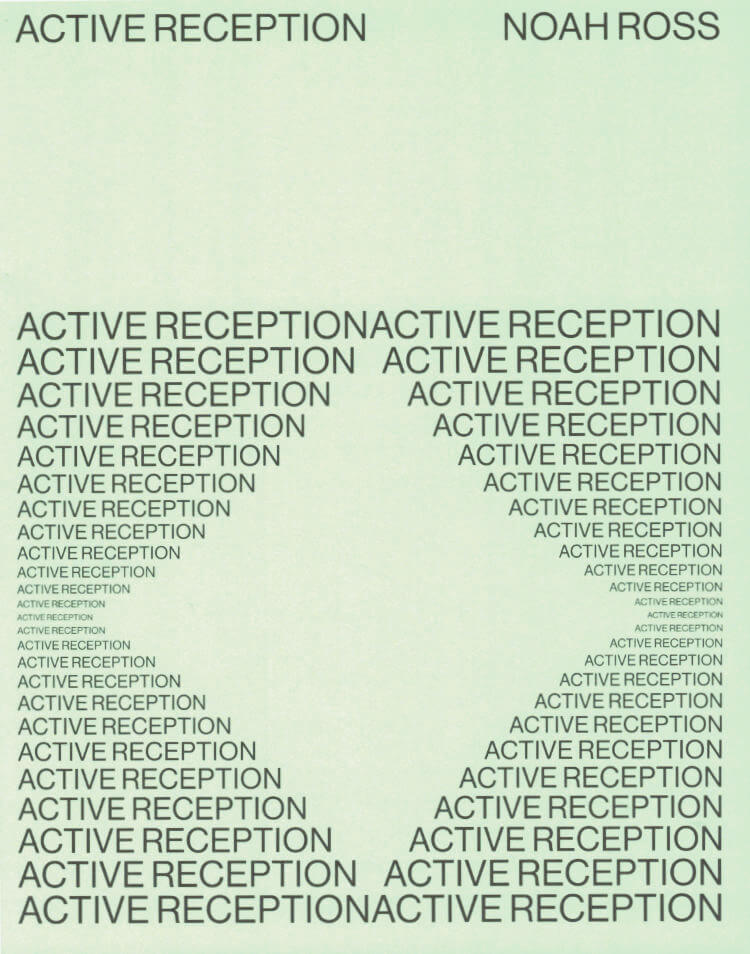
Bad Gays: A Homosexual History
An unconventional history of homosexuality.
We all remember Oscar Wilde, but who speaks for Bosie? What about those 'bad gays' whose unexemplary lives reveal more than we might expect? Many popular histories seek to establish homosexual heroes, pioneers, and martyrs but, as Huw Lemmey and Ben Miller argue, the past is filled with queer people whose sexualities and dastardly deeds have been overlooked despite their being informative and instructive.
Based on the hugely popular podcast series of the same name, Bad Gays asks what we can learn about LGBTQ+ history, sexuality and identity through its villains, failures, and baddies. With characters such as the Emperor Hadrian, anthropologist Margaret Mead and notorious gangster Ronnie Kray, the authors tell the story of how the figure of the white gay man was born, and how he failed. They examine a cast of kings, fascist thugs, artists and debauched bon viveurs. Imperial-era figures Lawrence of Arabia and Roger Casement get a look-in, as do FBI boss J. Edgar Hoover, lawyer Roy Cohn, and architect Philip Johnson.
Together these amazing life stories expand and challenge mainstream assumptions about sexual identity: showing that homosexuality itself was an idea that emerged in the nineteenth century, one central to major historical events.
Huw Lemmey is a novelist, artist and critic living in Barcelona. He is the author of three novels: Unknown Language, Red Tory, and Chubz. He has written for the Guardian, Frieze, Tribune, the Architectural Review, New Humanist, the White Review, and L'Uomo Vogue, among others.
Ben Miller is a writer and researcher living in Berlin, where he is currently a Doctoral Fellow at the Graduate School of Global Intellectual History at the Freie Universität. He has written for the New York Times, Literary Hub, Los Angeles Review of Books, Tin House, and Radical History Review, and is the author of The New Queer Photography. Since 2018 he has been a member of the board of directors of the Schwules Museum, one of the world's largest independent queer museums and archives.







